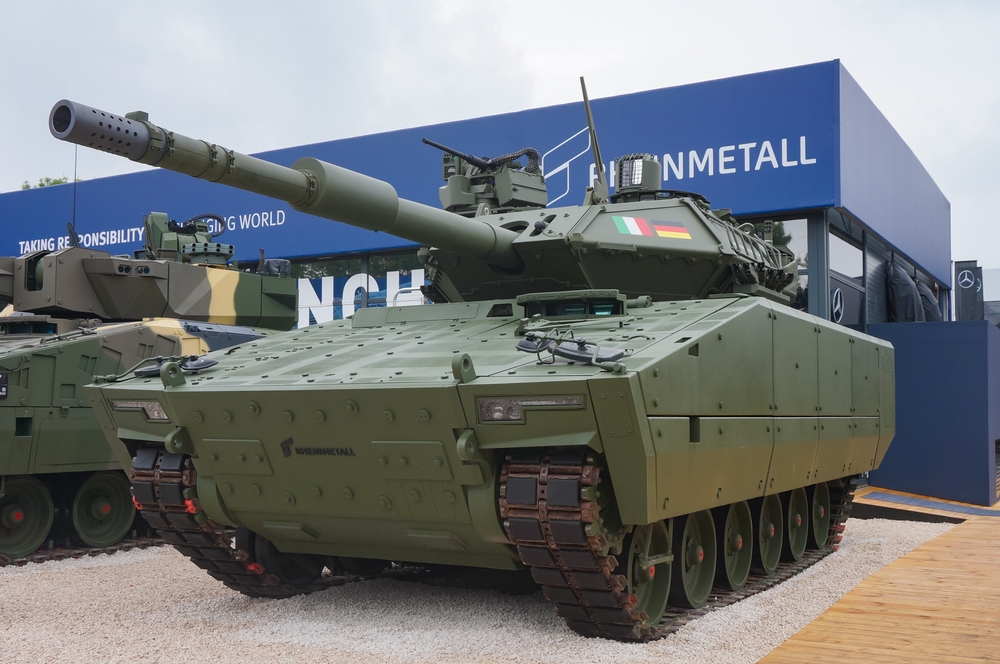Armin Papperger, CEO of German defense company Rheinmetall, has sharply criticized European leaders in an interview with the Financial Times.
In his opinion, due to the weakness of the European Union, the United States does not consider the countries of the continent as equal partners in the peace negotiations in Ukraine.
“If you don’t invest, if you’re not strong, they handle you like kids,” he told the Financial Times. “It was very convenient for the Europeans over the last 30 years to say, OK, spend 1 percent [of GDP on defense], it’s fine.”
The head of Rheinmetall says it is not surprising that Europe has been brought to the “kid’s table” in international negotiations as the United States and Russia negotiate the future of Ukraine.
“If parents have dinner, the kids have to sit at another table,” he said. “The US is negotiating with Russia and no European is at the table — it has become very clear that the Europeans are the kids,” he added while speaking to FT on the sidelines of the Munich Security Conference.
Papperger believes that a stable and peaceful future is not expected even after the end of the war in Ukraine. He believes that the countries of the continent should continue to expect significant armaments, as Europe’s military-industrial stocks have almost completely depleted.
“Even if the war [in Ukraine] stops — if we think that we have a very peaceful future, I think that’s wrong,” the Rheinmetall chief warned. Papperger expects Germany to quickly ease strict debt rules once a new government is formed in order to increase the defense budget.
The Financial Times highlights that Rheinmetall is one of the biggest winners of the geopolitical uncertainties of recent years. While the company had sales of “only” €5.7 billion in 2021, it could reach an annual turnover of €30-40 billion euros in the next five years.
Armin Papperger’s statements once again highlight that Europe urgently needs to reassess its defense strategy if it wants to seriously participate in shaping global security processes.
Although EU defense spending increased by more than 30 percent between 2021 and 2024, to €326 billion, it still only accounts for 1.9 percent of the bloc’s GDP — far short of the expectations of Donald Trump, who would encourage NATO member states to spend 5 percent of GDP on armaments.
Hungarian military industry: billions in investments and growing economic role
In Hungary, the rapid development of the country’s defense industry is playing an increasingly important role in the national economy and could reach a share of 1 percent of GDP within a few years.
According to current data, the Hungarian GDP ranges between HUF 75-80 trillion, so the expected contribution of the military industry could amount to up to 800 billion forints.
In the past 13 years, the performance of the Hungarian economy has tripled, and the government has set an ambitious goal: it wants to double GDP by 2030, which could increase to 160 thousand billion forints.
Through investments, the Hungarian military industry is gradually becoming more productive and is emerging as an increasingly important player on the international arms market.
The goal of the state strategy is for Hungary to be present in the global defense sector not only as an arms buyer, but also as an independent manufacturer and innovator.






